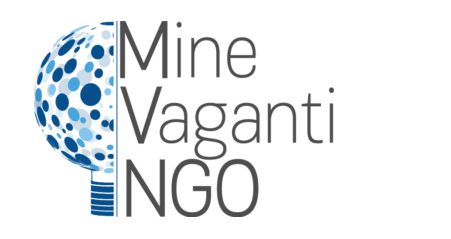Augmented Reality Revolutionizing Cultural Tourism in Europe
Harnessing Digital Innovation to Enhance Cultural Experiences and Economic Opportunities
The tourism industry plays a significant role in Europe’s economic landscape, with 2.4 million enterprises employing approximately 13.6 million people in tourism-related activities. While the tourism industries account for a relatively lower share of turnover and value added, cultural tourism stands out as a substantial component within this vibrant sector. Cultural tourism, with its focus on Europe’s rich heritage and traditions, offers immense business opportunities and attracts a considerable customer base.
Europe’s cultural tourism destinations are unrivaled, boasting an incomparable cultural heritage that encompasses museums, archaeological sites, historical cities, industrial sites, music, and gastronomy. It is estimated that cultural tourism accounts for 40% of all European tourism, with four out of ten tourists selecting their destinations based on cultural offerings. However, European regions, countries, and communities face the challenges of intensified global competition and diversification within the cultural tourism niche.
To fully capitalize on the potential of lesser-known festivals and cultural events in peripheral and underdeveloped regions of Europe, it is vital to embrace digital evolution and employ impactful enhancement strategies. Augmented Reality (AR) technology has emerged as a powerful tool for the travel industry, enabling innovative ways to enhance customer experiences. The RECORD (Augmented Reality Contents for Cultural Travel) project aims to promote sustainable digital innovation in the tourism sector, particularly in lesser-known traditional and cultural attractions, through interactive AR technologies.
The project offers a range of innovative solutions to revolutionize the cultural tourism experience:
1. Web Platform: A virtual repository with categorized information about existing offerings, including sites, museums, restaurants, retailers, pubs, and collateral events.
2. Augmented Reality App: An app compatible with Android and iOS devices that integrates AR features such as animations, maps, interactive models, and virtual tour guides. Users can access on-demand information about the material and immaterial heritage associated with specific events and explore related tourist and collateral services through engaging and interactive content.
3. International Training: Educators will be trained to test the app’s functionalities and enhance the training capacities of existing and prospective tourism and service entrepreneurs and employees.
Multiplier Events: Local tourism and service providers will be involved in introducing the Web Platform and App, fostering knowledge transfer for their effective utilization.
The expected results of the 30-month project include:
R1: A comprehensive virtual database embedded in a user-friendly Web Platform. The interactive functionalities of the database will enable users to navigate categorized information and customize their tourism experiences based on their preferences.
R2: An Augmented Reality App compatible with Android and iOS devices, offering an immersive and personalized cultural tourism experience. The app will provide on-demand information about heritage sites, events, and related services through animations and interactive content.
R3: A practical manual for vocational training operators in the cultural tourism field, providing guidance on incorporating Augmented Reality into on-the-job training and vocational programs.
By embracing Augmented Reality and leveraging digital innovation, the RECORD project aims to create a virtuous cycle of visibility and enhance the value of lesser-known cultural events and festivals. Through personalized and immersive experiences, augmented by AR technology, the project seeks to unlock the economic potential of peripheral regions in Europe, foster cultural exchange, and provide tourists with unforgettable encounters with Europe’s rich heritage. With Augmented Reality as a catalyst for transformation, the cultural tourism industry can embrace the digital age and propel Europe’s cultural offerings to even greater heights.
-
Results:





